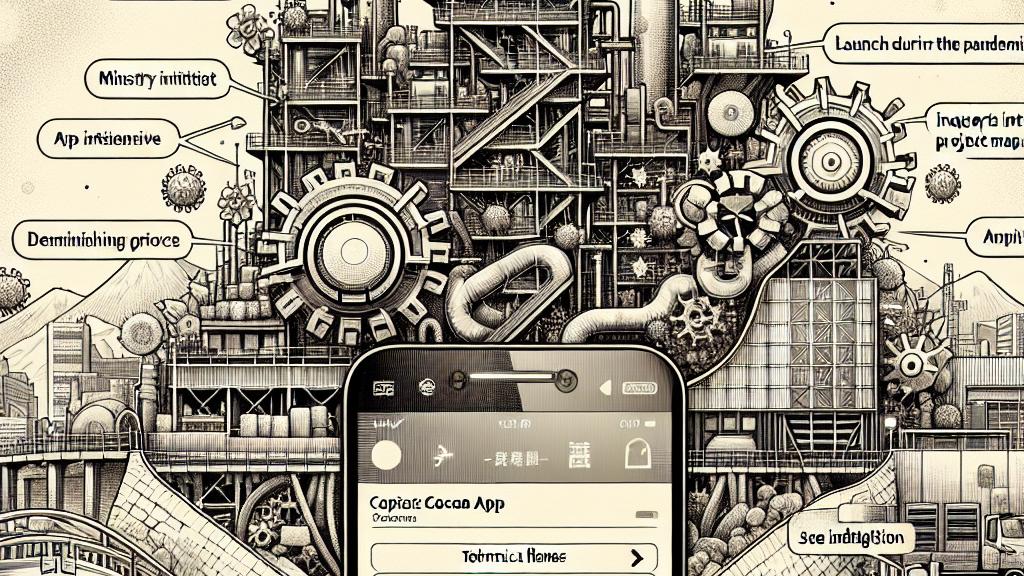Unraveling the Mystery: Who Really Built Japan's Legendary COCOA App?
Overview
- The COCOA app, a product of Japan's Ministry of Health, showcases significant issues in public tech project management.
- Originally budgeted at 390 million yen, the vast majority of funds were lost through inefficiencies in subcontracting.
- This situation highlights the urgent necessity for transparency and accountability in future government technology projects.

The Ambitious Beginning of the COCOA App
Launched during the COVID-19 pandemic, Japan's COCOA app was developed as a response to the urgent need for effective contact tracing and public health monitoring. Initiated by the Ministry of Health, Labor, and Welfare, the app's core objective was to utilize a digital approach to control the virus's spread by notifying users of potential exposure. With a budget of 390 million yen, the project was ambitious, aiming to produce a high-quality solution for citizens. However, as the app went live, it quickly became apparent that numerous technical flaws hindered its performance. These failures not only diminished public confidence in the app but also raised questions regarding the overall project management and the efficacy of government-led technological initiatives.
The Pitfalls of Subcontracting Arrangements
A significant aspect of the COCOA app's troubles stemmed from its complex subcontracting structure, which has become a common issue in public sector projects across Japan. Although the app was backed by substantial government investment, reports revealed that nearly 94% of the budget was siphoned away through multiple layers of subcontractors, leaving only a small portion—around 400,000 yen—actually compensated to the hands-on developers. Such financial mismanagement is often referred to as 'cutting' or ‘middle-manning’, where funds are shifted through several companies, resulting in inefficiencies and increased costs without corresponding value. Critics argue this model undermines the initial investment and calls for urgent reforms in how contracts are structured, ensuring that funds are allocated directly to the skilled professionals who execute the work.
Future Directions for Japan's Digital Governance
The challenges faced by the COCOA app serve as an important lesson for Japan moving forward. As the nation aims to enhance its digital infrastructure in public services, there is a clear need for renewed focus on transparency and accountability within government contracting procedures. Experts advocate for a shift towards more direct relationships with developers, minimizing the layers of subcontracting that dilute accountability and exacerbate funding issues. By streamlining procurement processes and fostering an environment where taxpayer money is effectively utilized, Japan can not only improve the delivery of future technology projects but also rebuild public trust in governmental operations. As the landscape of public health and digital governance evolves, ensuring that initiatives like COCOA are rooted in efficiency and clarity will be pivotal for future success.

Loading...